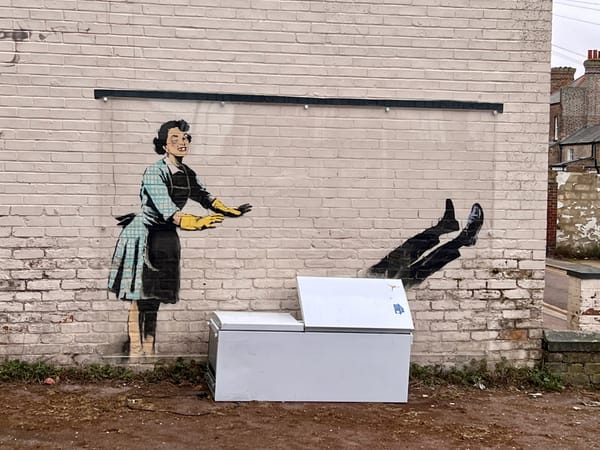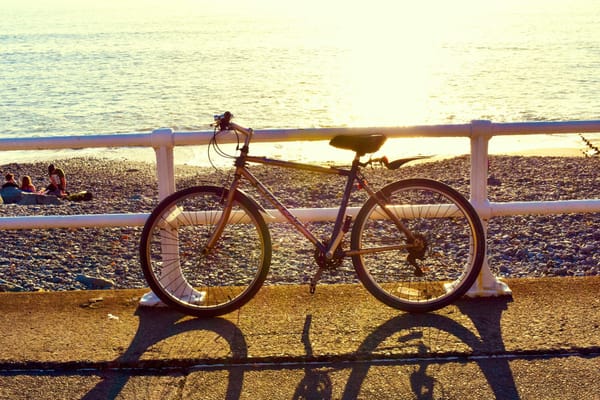Thanet’s independent music venues “hanging in there” as others shut their doors
Ramsgate Music Hall’s André Dack and Sammy Clarke of Margate’s Where Else on the existential threat facing hundreds of independent music venues in the UK
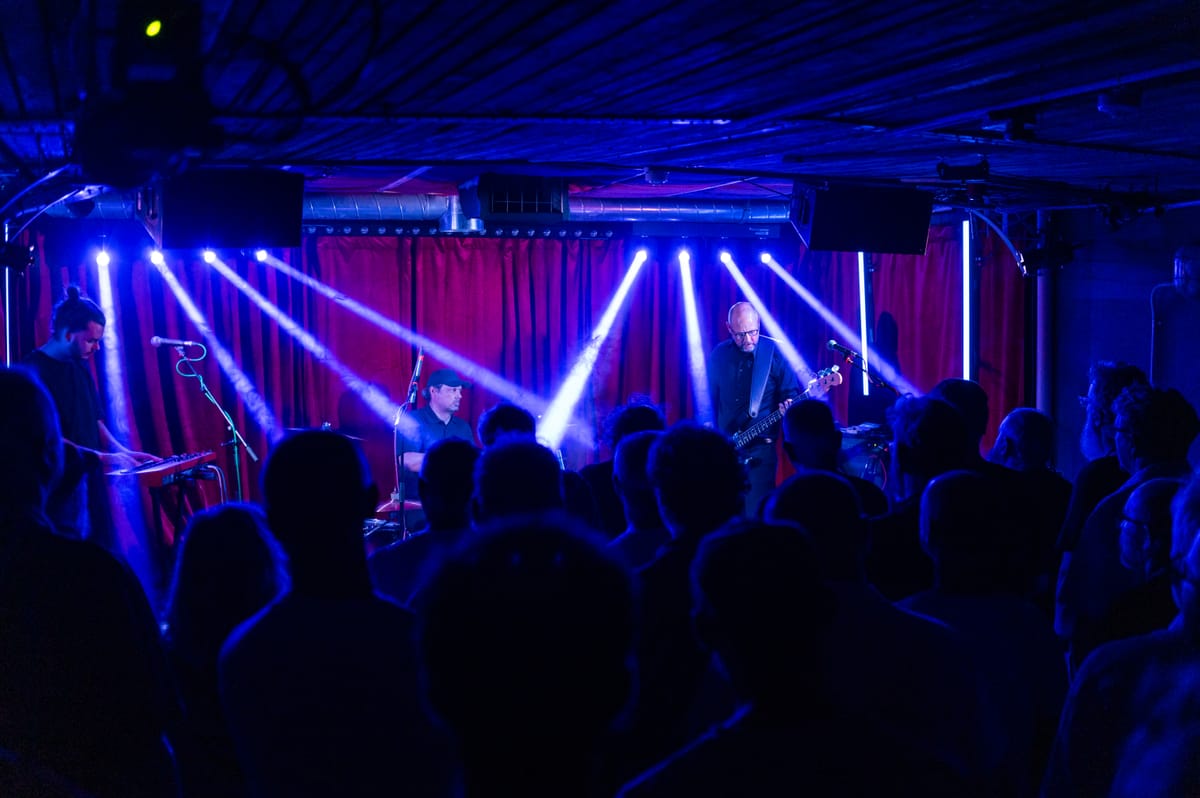
Times are tough for independent music venues in the UK. An array of colliding factors have seen more than a third forced to shut their doors permanently in recent years.
This week the Music Venue Trust, the charity that supports the grassroots venue sector, published its annual report. It states that in 2024, nearly a quarter of its 810 member venues required its assistance to avoid permanent closure.
A total of 86 did close or cease acting as music venues last year. That’s an improvement on 2023, when an average of two a week went out of business, but still a shocking figure. And with nearly 45% of venues reporting that they are running at a loss - an increase on 2023 - the situation remains precarious.
Rising costs, shrinking profit margins, people less able to afford to buy tickets, and bands struggling to cover travel costs are just some of the issues.
In Thanet, there is a vibrant music scene, with several venues of differing sizes, festivals like Broadstairs Folk Week, and a huge number of talented musicians living among us. However, that doesn’t mean the risks are any less than elsewhere around the country.
The key issue facing live music right now, says Sammy Clarke, owner of Margate venue Where Else, is the cost of living crisis because “it affects absolutely everybody”.
“Ticket buyers, musicians, the whole chain is affected,” he says. “It just impacts all of our livelihoods, and our spending choices.”
André Dack, who runs Ramsgate Music Hall agrees. “It's just extraordinary and I'm not entirely sure how any of us are supposed to survive,” he says. “When your energy bill has tripled, you can't suddenly counter that by drastically increasing ticket and bar prices.”
“It's a labour of love,” continues Sammy. “And for the benefit of something that's greater than ourselves. But burn out is a prominent feature of running a music venue at the moment. It’s all consuming. You know, you wake up thinking about it, you go to sleep thinking about it. It can be very spiritually rewarding, don't get me wrong. But it can also be economically crippling, and emotionally crippling sometimes as well.”
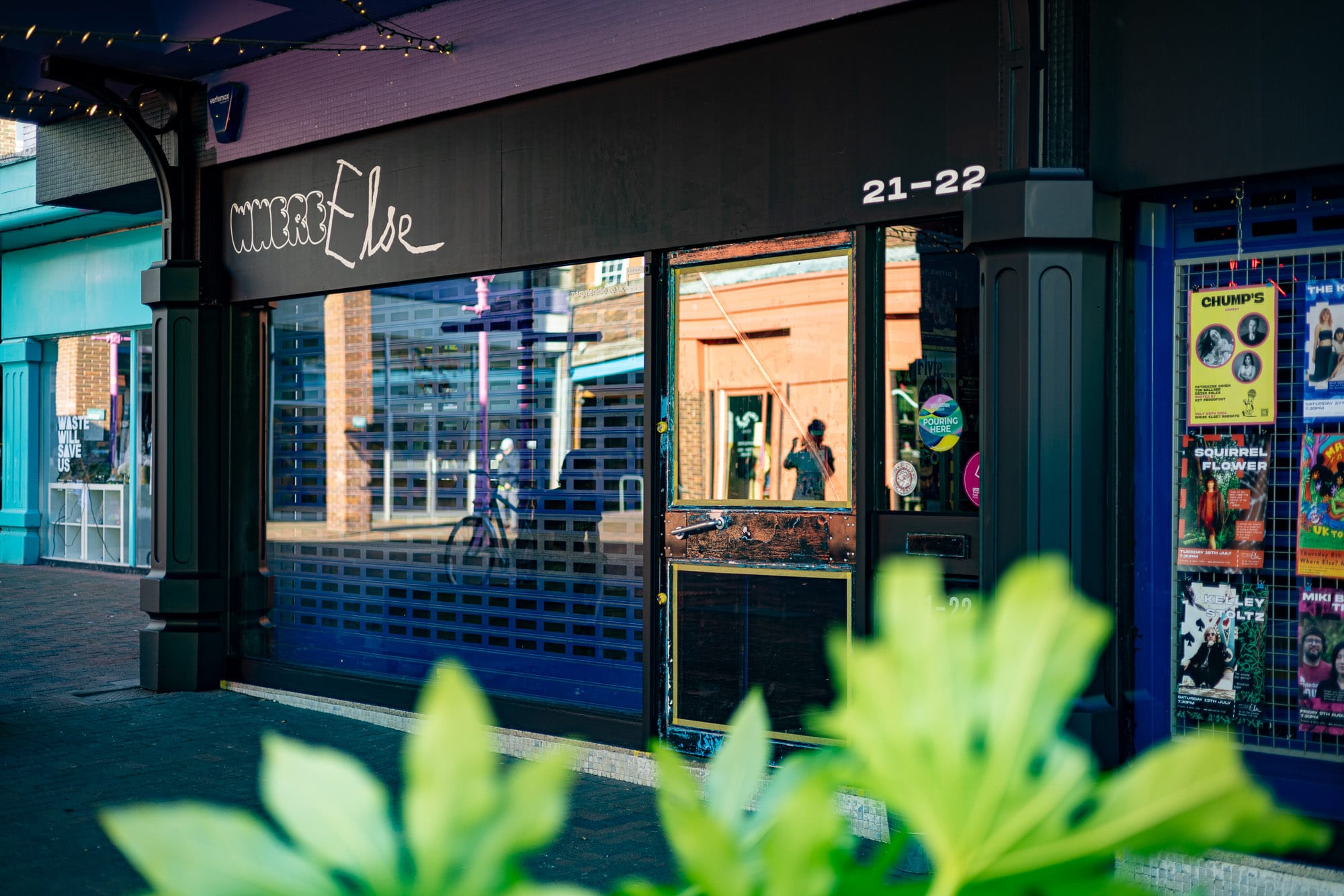
Neither André and Sammy set out with owning a music venue in their career plans. Both started out putting on occasional shows and gradually worked their way up.
“I got the bug fairly quickly,” says André, who initially worked behind the bar at Ramsgate Music Hall, before being given the opportunity to book his own shows. He then took over the venue in 2018. “I never imagined my future being in the world of live music, but it happened so naturally.”
Meanwhile, Sammy started out booking a monthly night at Margate’s Tom Thumb Theatre after he discovered a spoken word night there and “fell in love with the place.” He then began booking shows around the town before the opportunity to open Where Else - original under the name Elsewhere - also in 2018.
Being in charge of a physical space was a “steep learning curve”, Sammy readily admits. However, both his and André’s passion for the job and deep knowledge and insight on the subject is undeniable. All of this is certainly a big part of why both venues continue to exist. Although at one time the same could have been said of many other venue bosses who were eventually forced to close the doors for good.
Spiralling costs are just one factor to consider, as is getting punters through the door in the first place. Another increasing issue is getting bands through the door as well as their own costs rise and the time and distance they are able to travel reduces. “Artists just aren't touring as much nowadays,” says André bluntly.
In 1994, the average UK tour ran for 22 dates, with the majority of shows spread across 28 locations around the country. When Oasis went out on their first UK tour that year, they played 34 shows. In 2024, the average length of a tour is now 11 dates, with most dates taking place across 12 locations, all of which are major cities. Venues in smaller cities and towns are simply seeing fewer opportunities to book acts. In part, this is why only 11 of the venues that Oasis played all those years ago are still running today.
This is particularly stark with bands traveling from overseas, says Sammy. “They'll come and do the key cities - that would be Manchester, Leeds, Glasgow, Bristol and London. And that's considered lengthy.”
Thanet does a good job of attracting artists down to the seaside, aided in no small part by the strong reputations of Ramsgate Music Hall - named Britain's Best Small Venue by NME in 2015 - and Where Else. There is also a large pool of local acts, which has grown in the last decade and helped to boost live music in the area.
“It feels like there are more gigs in Thanet than ever, and that's a huge positive,’ says André. “There's a real buzz. It's tricky to balance that, however, when there aren't as many touring artists in the UK.”
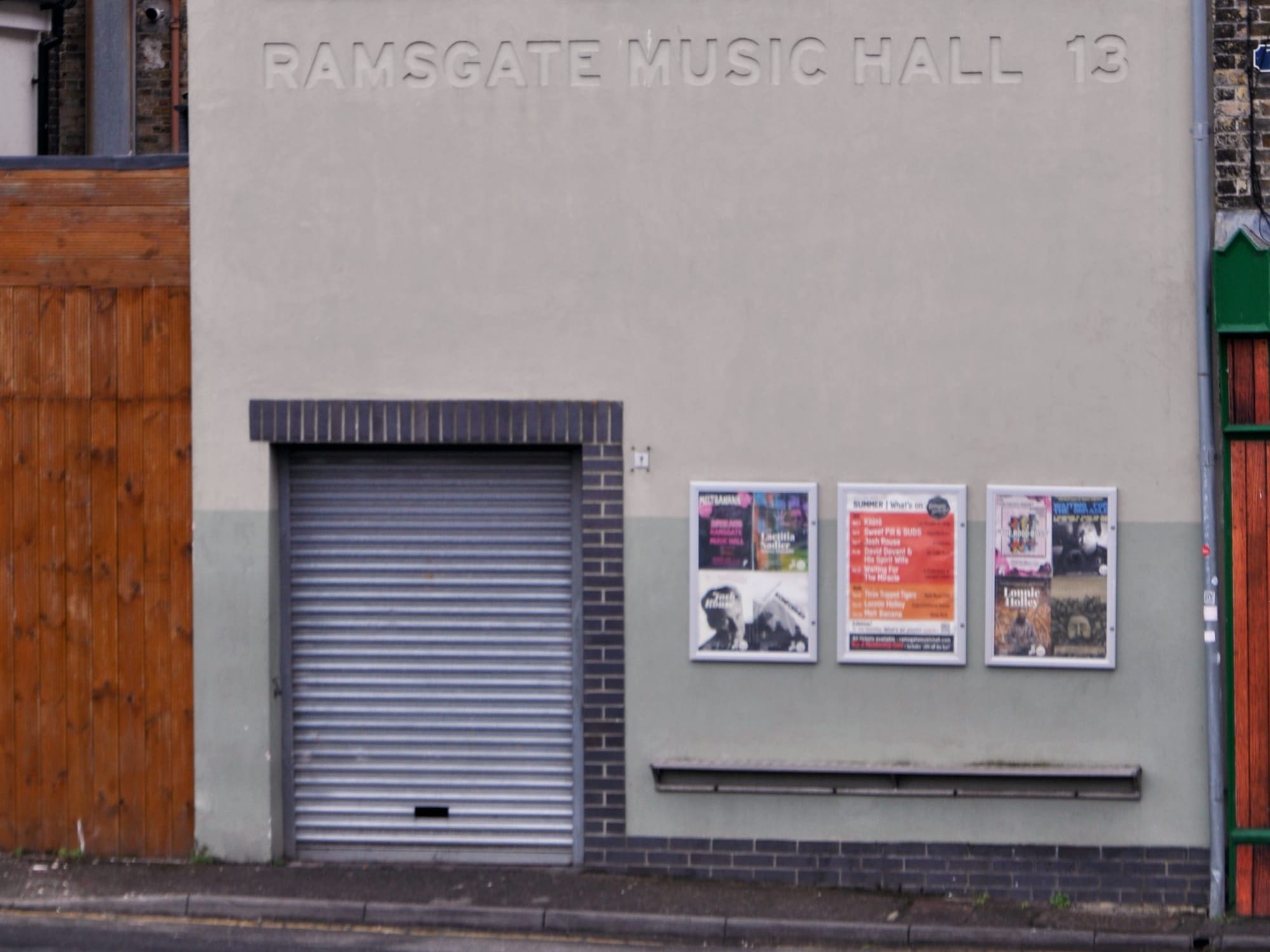
‘Buzz’ is a key word when discussing grassroots venues. Building buzz is traditionally part of their role in the music industry. These are the places where emerging musicians learn their craft and find their early audiences. Small venues are one of the sources that feeds the higher levels of the music industry the stars of tomorrow. It’s notable then, that conversations about struggling to keep the lights on do not span the entire live music industry.
Many smaller venues are still impacted by debts accrued during their forced closure as a result of the Covid-19 pandemic. However, the top end of the industry emerged from the lockdowns to a much different story. Arena and stadium tours are booming, with the big live music companies reporting huge profits.
For several years now, the Music Venue Trust has campaigned for the introduction of a ticket levy on large scale shows. This would see £1 from each ticket sold for arena and stadium gigs put into a fund to help support the UK’s smaller venues, allowing them to continue setting new acts on the path to bigger things.
“The way the market operates is at odds with the values and motivations of small venues,” says Sammy. “In my opinion, it's the best bit. It's the kind of nucleus, it's where the energy for new music comes from.”
There has been some support for a ticket levy, with a number of artists such as Coldplay and Enter Shikari committing to donate a portion of their ticket sales to MVT. However, those bigger companies have always been resistant to the idea. Last year, after extensive lobbying, the government instructed the live industry to put in place a voluntary levy system in 2025.
“I dread to think where RMH would be without the constant campaigning the Music Venue Trust does,” says André. “The ticket levy will come into effect soon and, to be perfectly frank, it would not have happened without MVT.”
“A slither of those Live Nation profits trickling down to grassroots venues” is the single biggest thing that would help grassroots venues right now, he adds. The fact that the biggest live music company in the world has been so resistant to providing this support, he goes on, shows a “level of greed [that] is abhorrent and unacceptable.”
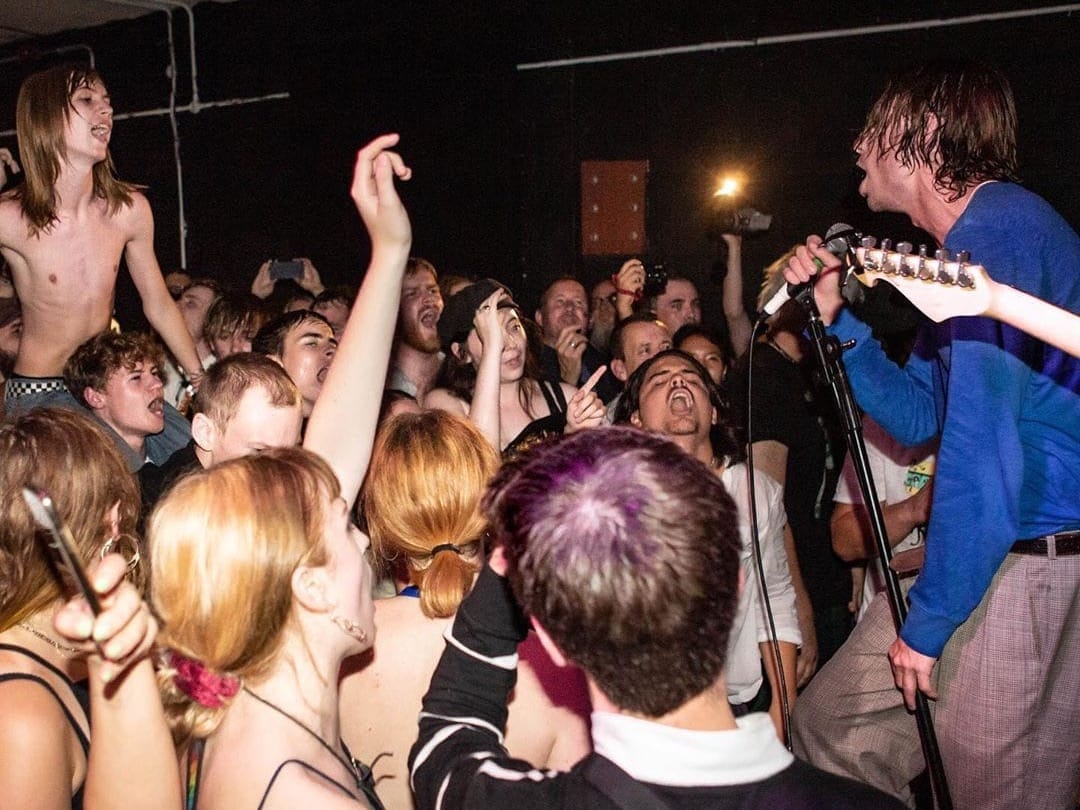
Until now, say both Sammy and André, it is the support of the local community which has ensured that they have been able to stay in business. Both venues operate membership schemes and Where Else was saved from closure in 2022 thanks to a successful crowdfunding campaign.
“Simply put,” says André, “the venue would close without the support of our beloved members. That has been the most effective way to combat the drastic increase in our expenses. We have a close relationship with our members, regularly emailing them about potential bookings and arranging quiz nights held at the venue.”
Sammy, meanwhile, recalls vividly the night supporters were asked to assemble in front of Where Else for a photoshoot to launch the £25,000 crowdfunder. With only two days' notice, hundreds arrived to show their support.
“That was probably one of the most memorable experiences of my life,” he remembers. “People just kept on arriving in their droves from all directions. I couldn't quite believe it, to be honest. It really hit home how important [the venue] was for the community that surrounds it and how many lives had so far been touched.”
For all the challenges they face, there is certainly optimism for the future. For all the problems they’ve faced in recent years, Sammy and André show no signs of slowing down or turning their backs on what they’ve built.
“Things will absolutely get better," says André. “The aforementioned ticket levy will soon come into effect and that will ease an enormous amount of pressure on grassroots music venues. At the moment, it's a case of hanging in there and to keep delivering stunning shows.”
The UK’s annual celebration of grassroots venues, Independent Venue Week, runs in venues around the UK from from Monday, January 27 to Sunday, February 2. As part of that, Where Else will host the Kent Pop Exchange All-dayer on February 1 and Ramsgate Music Hall will have a show headlined by Keg on February 2.
For more details on upcoming shows visit whereelse.live and ramsgatemusichall.com.



